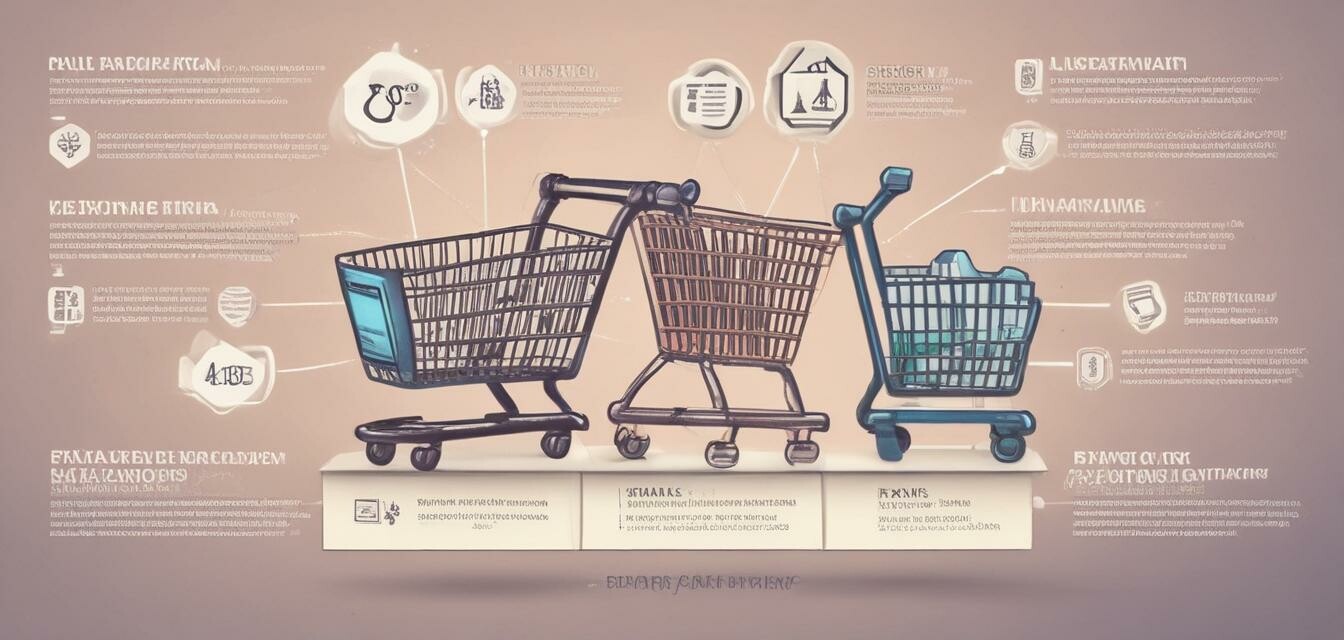
eCommerce Regulation Changes You Need to Know
Key Takeaways
- New eCommerce regulations are emerging that affect how online businesses operate.
- Transparency, consumer protection, and data privacy are key focuses of upcoming changes.
- Businesses must stay informed and adapt their strategies to remain compliant.
- Understanding these regulations can enhance consumer trust and business reputation.
The landscape of eCommerce is ever-changing, and with it comes the need for compliance with new regulations. Staying ahead of these changes will not only protect your business but can also enhance your brand’s trustworthiness in the eyes of consumers. This article explores the upcoming regulations that eCommerce businesses should be aware of and how to effectively prepare for these changes.
Upcoming eCommerce regulations
Several regulatory changes are on the horizon that are expected to have a significant impact on the eCommerce sphere. Understanding these will help you strategize accordingly.
| Regulation | Description | Effective Date |
|---|---|---|
| GDPR Amendments | Updating the rules related to data collection and privacy in the EU. | January 2024 |
| Consumer Rights Directive | Enhanced rights for consumers regarding returns and refunds. | March 2024 |
| Digital Markets Act | Promoting fair competition in digital services. | December 2024 |
Why these regulations matter
Each of these regulations aims to create a safer and more equitable environment for consumers. Here’s why they should be on your radar:
- Protection of consumer rights: Consumers are increasingly demanding more rights and protections in their online interactions.
- Data privacy enhancement: With rising concerns about personal data security, regulations will enforce stricter data handling practices.
- Competitive market landscape: Ensuring that no single business can dominate the market unfairly serves the interests of consumers and startups alike.
How to prepare for eCommerce regulation changes
Preparation is key for navigating these shifts smoothly. Here are some actionable steps your business can take:
Tips for Businesses
- Stay informed about legislative changes through reliable sources, such as industry blogs and government announcements.
- Review your current data handling processes to ensure compliance with GDPR and other data protection laws.
- Train your team on consumer rights and how to handle disputes effectively.
- Consider updating your terms and conditions to align with new laws.
- Engage with legal professionals who specialize in eCommerce regulations for tailored guidance.
The role of technology in compliance
As technology continues to advance, it plays a vital role in ensuring compliance with new regulations:
- Automated compliance tools: These can help monitor and manage regulatory changes.
- Data encryption and protection: Enhancing the security of customer data is essential, especially with GDPR in effect.
- Customer feedback systems: Collecting consumer feedback can provide insights into how your practices are perceived and needed adjustments.
Potential impact on your business
Adapting to these regulations is not just about compliance; it’s about strategically positioning your business within a competitive market. Here's a breakdown of the potential impacts:
| Implication | Impact | Strategy |
|---|---|---|
| Increased operational costs | Compliance requirements may drive up costs. | Budget for compliance tools and legal advice. |
| Improved consumer trust | Transparent practices can lead to new customer loyalty. | Communicate your compliance measures to your customers. |
| More competitive environment | Market can become more equitable with fewer monopolies. | Focus on delivering exceptional value and service. |
Conclusion
As eCommerce continues to evolve, so does the need for businesses to adapt to upcoming regulatory changes. By being proactive and informed, you can not only comply with these new rules but also leverage them to improve your business practices and enhance consumer trust. Remember, a well-informed business is a successful one, so start preparing today!
Pros
- Enhances consumer trust and brand reputation.
- Promotes fair competition in the market.
- Aligns business practices with consumer expectations.
Cons
- Compliance can be costly and time-consuming.
- May require changes to existing business operations.
